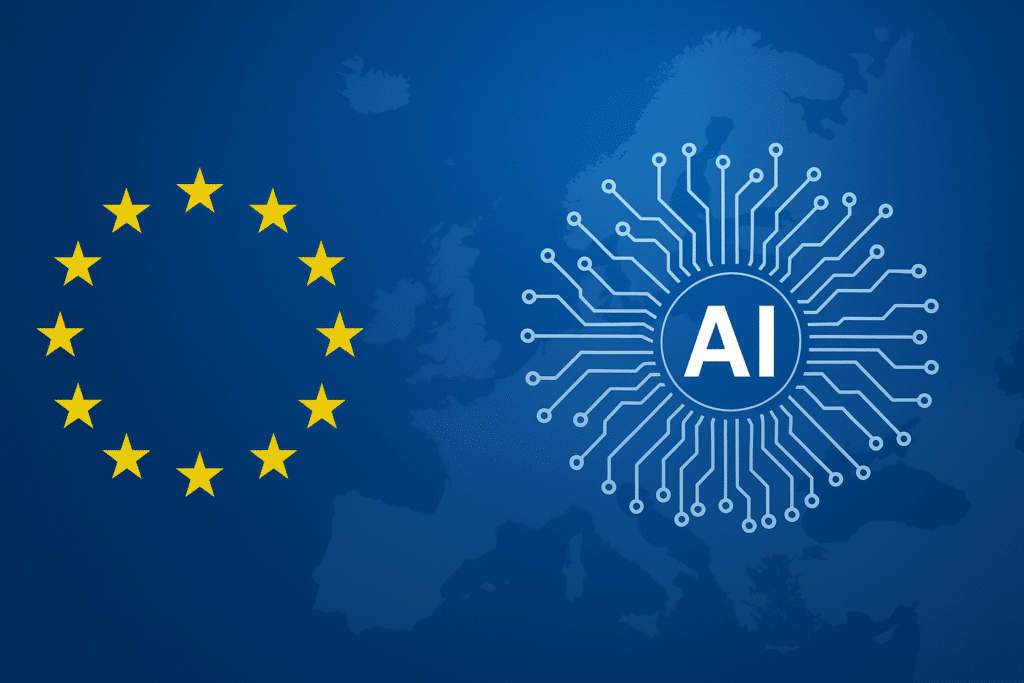Challenges Faced by Benefits Recipients in Amsterdam
The city of Amsterdam has a system in place to provide benefits to its residents, but it’s not without its challenges. Van der Vliet and other welfare advocates have described the difficulties faced by the city’s 35,000 benefits recipients. These challenges include the indignities of having to constantly re-prove the need for benefits, the increases in cost of living that benefits payments do not reflect, and the general feeling of distrust between recipients and the government.
The Flaws of the System
City welfare officials themselves recognize the flaws of the system, which is held together by makeshift measures. Harry Bodaar, a senior policy advisor to the city, noted that the system is fragile and that those at the bottom are the first to fall through the cracks.
The Introduction of Smart Check
The Participation Council didn’t want Smart Check, a new system aimed at fixing the flaws, even as some officials hoped it could make a positive impact. This is a classic example of a "wicked problem," a social or cultural issue with no clear answer and many potential consequences.
The Importance of Community Participation
Suresh Venkatasubramanian, a former tech advisor to the White House Office of Science and Technology Policy, emphasized the need for early participation from communities. However, it’s also crucial that officials take feedback into account and be willing to reframe their approach based on what people actually want.
Rethinking the Approach
Had the city started by asking what people actually want, it might have developed a different algorithm entirely. As Hans De Zwart, a digital rights advocate, pointed out, why not build an algorithm that searches for people who are entitled to social assistance but haven’t applied? These are the kinds of fundamental questions AI developers need to consider to avoid repeating mistakes.
The Need for Responsible AI Development
Venkatasubramanian found the story affirming in highlighting the need for those in charge to ask hard questions, starting with whether these systems should be used at all. However, he also noted that even with good intentions, it’s possible to build fundamentally flawed systems due to reasons beyond the system’s construction details.
Conclusion
The debate surrounding the use of AI in social assistance highlights the importance of community participation, responsible AI development, and a willingness to ask hard questions. By considering these factors, we can work towards creating systems that truly benefit those in need.
FAQs
- Q: What are the challenges faced by benefits recipients in Amsterdam?
A: The challenges include the indignities of having to constantly re-prove the need for benefits, increases in cost of living that benefits payments do not reflect, and the general feeling of distrust between recipients and the government. - Q: What is Smart Check?
A: Smart Check is a system aimed at fixing the flaws in the benefits system, but its introduction was met with resistance from the Participation Council. - Q: Why is community participation important in AI development?
A: Community participation is crucial to ensure that AI systems are developed with the needs and wants of the people they serve in mind. - Q: How can AI developers avoid repeating mistakes?
A: AI developers can avoid repeating mistakes by considering fundamental questions, such as what people actually want, and being willing to reframe their approach based on feedback.











